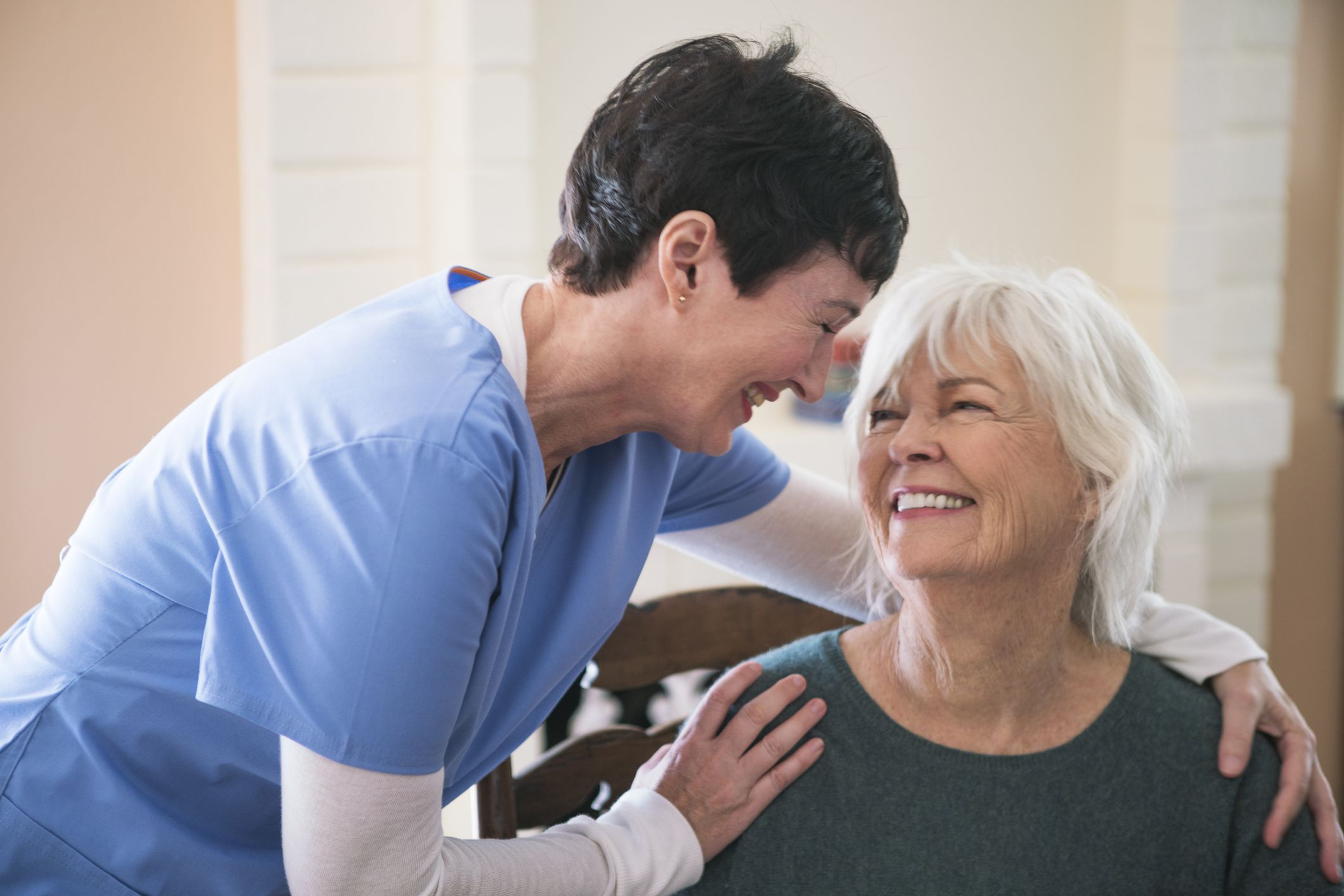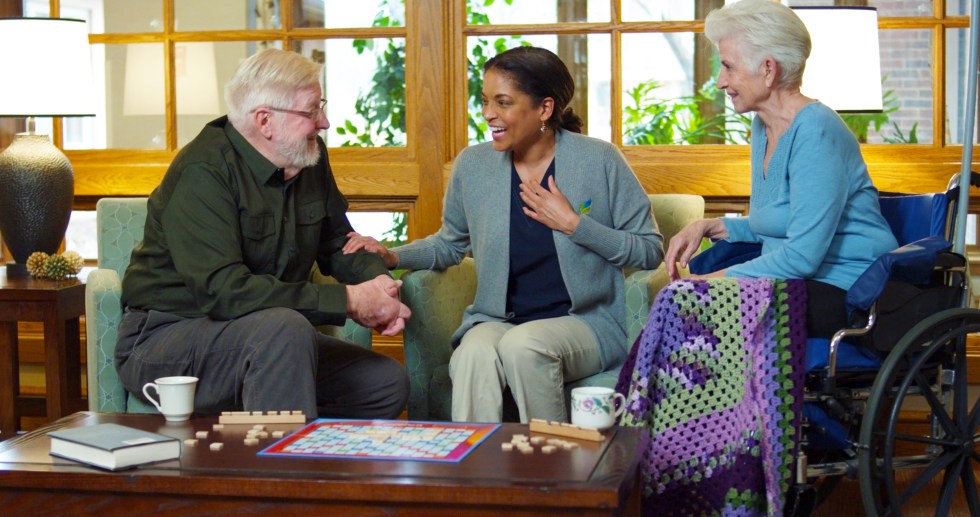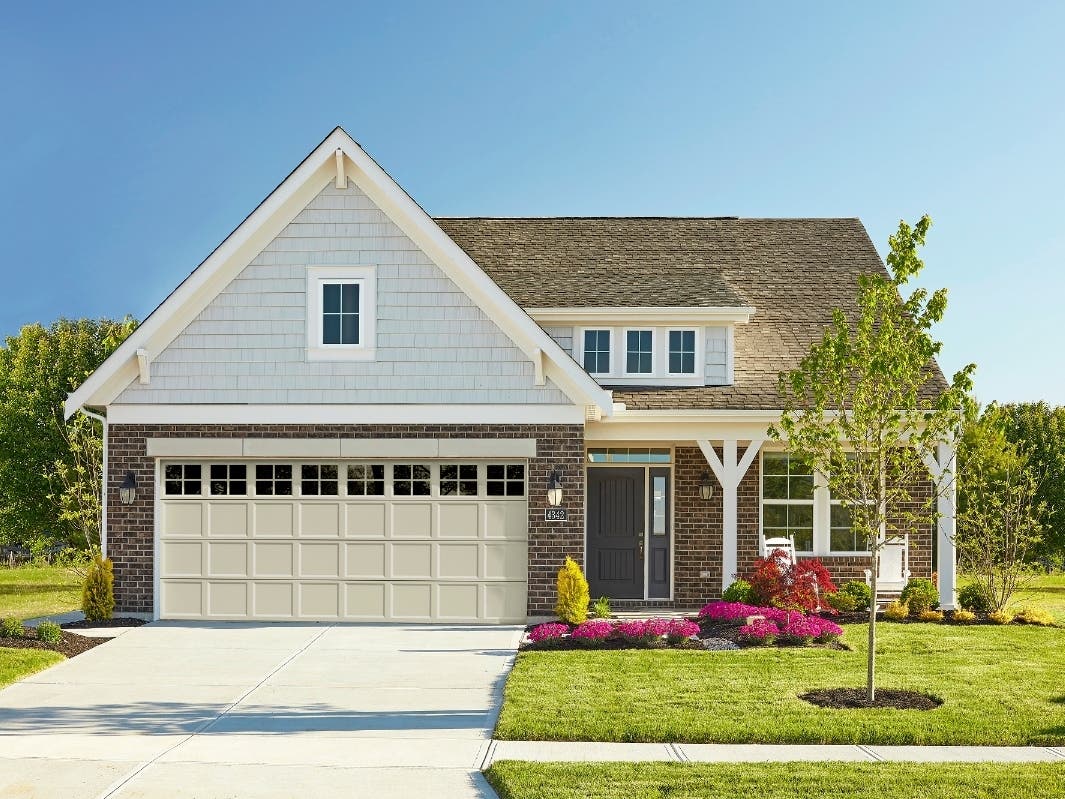
It is important to take extra precautions when showering the elderly. First, ensure they stay still while showering. Use a non-slip mat if possible. Use a terrycloth towel or a clean covering to dry their skin. Avoid rubbing them, as their skin is very sensitive. Take your time drying them.
Do not mention body odors in senior showers
No matter how obvious the problem is, elderly relatives often have a diminished sense of smell. Mentioning body odor to an elderly person can make them uncomfortable or cause anxiety. Instead, it is better to talk with them about their body odor.

Establish a routine
It takes planning and some forethought to create a routine for showering the senior loved one. First, determine how frequently you want to shower your senior loved one. It may be easier for caregivers to bathe seniors on a daily schedule. This makes bathing the senior a routine part of their day and reduces resistance. Next, prepare a shower schedule for your senior that they can follow. The senior should place the calendar so that they can see it. Next, write down days for full and sponge tubs.
It can be a comforting activity to take a warm shower right after you wake up. It makes them feel energized and helps them sleep better. You can help your loved ones with personal hygiene by creating a routine that helps them stay on track. While they are showering, you can give them a warm bath or play some music. You can reward them for cooperation if they don't agree.
Avoid mentioning fatigue
There are many reasons why elderly people may not want to take a bath. One of the most common reasons is fatigue. It can stop them from moving. It can make it difficult for them keep up with daily activities. It is important to limit the discussion about fatigue in order to prevent this from happening.
Avoid mentioning dizziness
Showering elderly people with dizziness can be dangerous. An estimated one in five seniors will fall each year. It is important to talk to your doctor about ways to prevent falls.

Poor circulation and side effects of medications are two possible causes for dizziness. Orthostatic hypotension can also cause dizziness, which is a drop in blood pressure that occurs when a person stands suddenly. These causes can cause dizziness, which can result in falling or balance problems. This condition can lead to permanent withdrawal and even loss of ability to do physical activities if it isn't addressed.